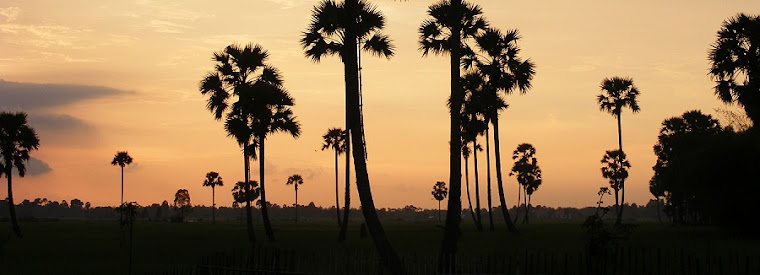You could cite a different African proverb every day for a
year and still not come close to exhausting the supply of those fabulous bits
of wisdom. It might seem strange to you then that I have not made proverbs a
more prominent feature in my blog. This is largely because I feel like a child
here at times- the recipient of said proverbs, not the giver. Can I speak with
enough wisdom and authority to pass them on to others? But I guess we are all both learners
and teachers.
I have now passed through the Johannesburg airport a few
times. On the wall of the departing lounge in letters a meter tall is written:
“If you want to go fast, go alone. If you want to go far, go
together.”
Yesterday I was coming back to the city from working in the
field with a group of other agricultural extensionists. We had all stayed the
week in their house in the small community of Capinga, going out during the day
to various surrounding communities to carry out conservation agriculture
activities. Done for the week, we were heading home on our motorcycles,
plodding along at 30 km/h on a highway where I knew I could easily go 60 or 70.
We were stuck at a snail’s pace because a couple of the motorcycles had seen
better days and decided that they’d had enough of highway driving. In case one
of them spontaneously stalled and needed a push start, we stuck together. The
temptation for me to pick up speed on a downhill, slip into 5th
gear, and speed home to a shower and clean clothes was immense. I could have
made it there in half the time traveling alone. But then the above-mentioned
proverb came to mind. I was wrong. Alone, I would not have made it home in half
the time. Alone, I would have still been stuck in the little house in Capinga. That
very morning I couldn’t get my motorcycle running on my own and needed to ask Dercio to start it for me.
Alone, I would not get very far.
Alone, I would not get very far.
 |
| My colleague Dercio Romão planting cabbage in Capinga. |
I felt bad a few weeks ago when I had to catch an early bus,
and my host brother was volunteered by his mother to escort me to the station.
I was telling my MCC colleague how I felt bad, but Stephanie said, “don’t feel
bad Rebecca, that’s what brothers are for.” Sure enough, the next day when I
knocked on my brother’s door at 4AM, he jumped out of bed without the least big
of sleepiness or grudging, picked up my bag, and saw me to the bus. When I need
to know what is appropriate attire for a wedding or want to learn how to crack
open and grate a coconut… that’s what sisters are for. When I need to buy a
helmet in the part of town where guys always whistle at me, that’s what
brothers are for. You could choose to be independent and go it all alone. But
when you choose to call on your brother or sister, instead of feeling
embarrassed or helpless, you feel like you are a part of a family where people
help each other, because that’s what brothers and sisters are for.
You don’t have to go it alone.
 |
| A group of women in Caphaia working together to make seed beds and plant vegetables for the first time. |
Mennonite Central committee works primarily by partnering
with existing local organizations in the country where we work. We normally do
not carry out our own projects, but rather support the endeavors of local
churches and NGO’s working the areas of peace, relief, and development. My North American sense of efficiency is
sometimes compromised as a result of this complex but beautiful relationship. Then
I ask my self,
“Why are we here? Is our purpose to go fast or to go far?”
 |
| Mr. Manuel standing in his garden plot in front of the dam at Maulemaule. |
What does going far look like? It could be many things. It could be local people with the
compassion, vision, and capacity to have great positive impact in their communities
in areas where they see need. It could be sustainable and just community
development. It could be the growth of cross-cultural relationships based on
mutual trust and collaboration. It could be communities worldwide in a right
relationship with God, one-another, and creation (MCC’s own vision). We have
far to go, but to the best of our ability, we are going there together.
Together, we can go far.



Wonderful insight Rebecca! Thanks.
ReplyDelete